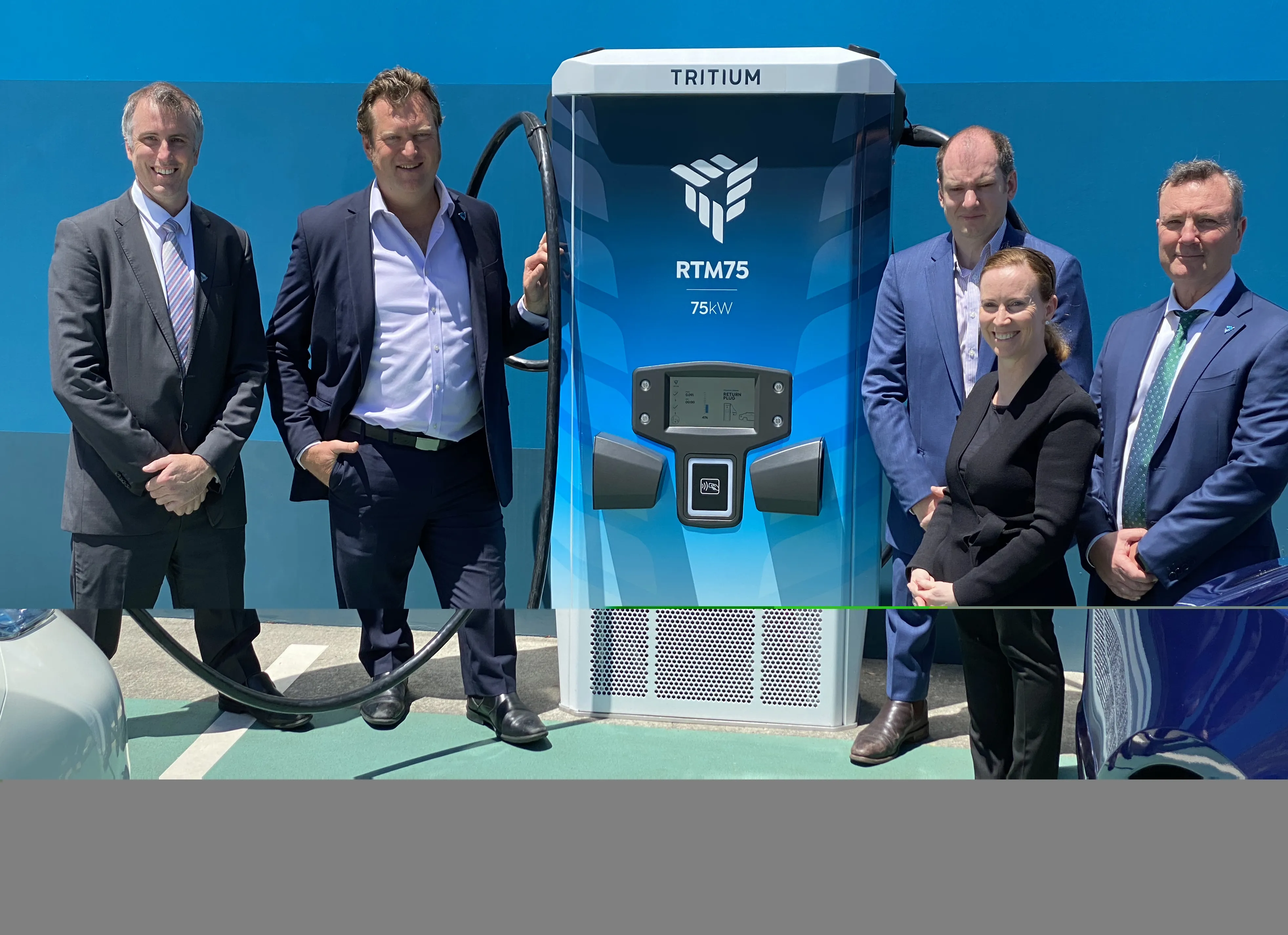The 2,000km Queensland Electric Super Highway will, once operational in the next six months, make it possible to drive an electric vehicle from the from the Gold Coast to Cairns.
The stations, which recharge a vehicle in 30 minutes, will offer free power for the initial phase of the project to encourage as many people as possible to use them, according to environment minister, Steven Miles.
“This project is ambitious, but we want as many people as possible on board the electric vehicle revolution, as part of our transition to a low emissions future,” Miles said.
He said a recent Queensland household energy survey showed that half of Queenslanders will consider an electric vehicle, plug-in hybrid or regenerative braking hybrid, when purchasing a new car in the next two years and that majority said improvements to public fast-charging infrastructure would further tempt them into purchasing an EV.
Queensland to build electric super highway
Eighteen electric vehicle (EV) fast charging stations are to be installed in Queensland, Australia, to encourage the uptake of EVs in the state. The 2,000km Queensland Electric Super Highway will, once operational in the next six months, make it possible to drive an electric vehicle from the from the Gold Coast to Cairns. The stations, which recharge a vehicle in 30 minutes, will offer free power for the initial phase of the project to encourage as many people as possible to use them, according to environme
July 28, 2017
Read time: 2 mins
Eighteen electric vehicle (EV) fast charging stations are to be installed in Queensland, Australia, to encourage the uptake of EVs in the state.








